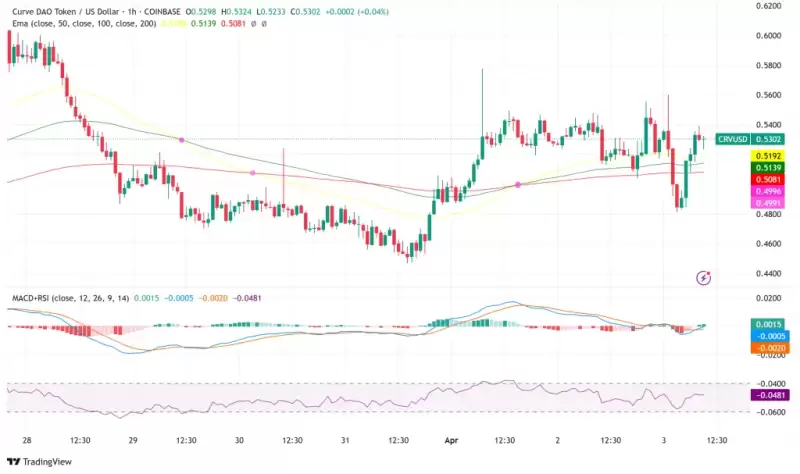 |
|
 |
|
 |
|
 |
|
 |
|
 |
|
 |
|
 |
|
 |
|
 |
|
 |
|
 |
|
 |
|
 |
|
 |
|
全球气候和水危机相互交织,前者加剧了后者,而水行为则导致温室气体排放。面临水资源短缺的以色列发展了循环水经济,包括海水淡化、废水处理和农业用水实践。这种方法以海水淡化、城市用水、废水处理和农业用水实践为特点,旨在节约用水、减少排放和加强粮食安全。以色列的水模型,包括海水淡化、高效用水和先进的灌溉技术,为解决气候和水危机提供了宝贵的见解。

Water Crisis and Climate Crisis: A Symbiotic Relationship
水危机和气候危机:共生关系
The world is grappling with two interconnected crises: the climate crisis and the water crisis. These crises are inextricably linked, each exacerbating the other in a vicious cycle.
世界正在应对两个相互关联的危机:气候危机和水危机。这些危机密不可分,相互加剧,形成恶性循环。
Climate Crisis Amplifies Water Scarcity
气候危机加剧水资源短缺
As the climate crisis intensifies, it leads to more frequent and severe droughts, floods, and extreme weather events. These events disrupt water availability, leading to shortages and contamination.
随着气候危机的加剧,它会导致更加频繁和严重的干旱、洪水和极端天气事件。这些事件扰乱了水资源的供应,导致水资源短缺和污染。
Water Behaviors Fuel Climate Change
水的行为加剧了气候变化
Conversely, the way we consume, transport, and dispose of water contributes significantly to greenhouse gas emissions. Energy-intensive water pumping, desalination, and wastewater treatment processes release harmful emissions. Additionally, untreated wastewater releases methane gas, a potent greenhouse gas with a global warming impact 84 times greater than carbon dioxide.
相反,我们消费、运输和处理水的方式也会极大地增加温室气体排放。能源密集型抽水、海水淡化和废水处理过程会释放有害气体。此外,未经处理的废水会释放甲烷气体,这是一种强效温室气体,对全球变暖的影响比二氧化碳大 84 倍。
Israel's Innovative Water Economy: A Model for Sustainability
以色列创新的水经济:可持续发展的典范
Located in an arid region, Israel has faced water scarcity challenges for centuries. Out of necessity, the country has developed a circular water economy that offers valuable lessons for addressing the global water crisis.
以色列地处干旱地区,几个世纪以来一直面临水资源短缺的挑战。出于需要,中国发展了循环水经济,为解决全球水危机提供了宝贵的经验教训。
Desalination: Tapping into the Ocean's Abundance
海水淡化:利用海洋的丰富资源
Israel has invested heavily in seawater desalination, producing over 600 million cubic meters of potable water annually. This strategic move is expected to increase to 900 million cubic meters by 2030, making desalinated seawater a major source of fresh water in the country.
以色列大力投资海水淡化,每年生产超过6亿立方米的饮用水。这一战略举措预计到2030年将增加到9亿立方米,使海水淡化成为该国淡水的主要来源。
Urban Water Use: Balancing Quality and Sustainability
城市用水:平衡质量和可持续性
Desalinated water is mixed with groundwater to enhance its quality and ensure its safety for urban consumers. The vast majority of Israel's population resides in cities, and urban water use accounts for a significant portion of the country's water consumption.
淡化水与地下水混合,以提高其质量并确保城市消费者的安全。以色列绝大多数人口居住在城市,城市用水占该国用水量的很大一部分。
Wastewater Treatment: From Waste to Resource
废水处理:变废为宝
Nearly all used water in Israel is directed to wastewater treatment plants. These facilities operate on an economic basis, with multiple cities or local authorities collaborating to treat wastewater efficiently. Purification processes reduce costs and minimize the risk of untreated wastewater contamination.
以色列几乎所有用过的水都被送往废水处理厂。这些设施在经济基础上运作,多个城市或地方当局合作有效处理废水。净化过程可降低成本并最大限度地降低未经处理的废水污染的风险。
Agricultural Water Practices: Maximizing Efficiency and Sustainability
农业用水实践:最大限度地提高效率和可持续性
Israel has achieved a world-record level of wastewater reuse in agriculture, with nearly 90% of domestic wastewater recycled for irrigation. This purified water is vital for food security, especially in arid regions. Drip irrigation, a water-saving technique invented in Israel, has been widely adopted, resulting in significant water savings compared to traditional flooding methods.
以色列在农业废水回用方面创下了世界纪录,近90%的生活废水被回收用于灌溉。这种净化水对于粮食安全至关重要,特别是在干旱地区。滴灌是以色列发明的一种节水技术,已被广泛采用,与传统的漫灌方法相比,节水显着。
Additional Water Sources: Brackish Water and Water Loss Prevention
其他水源:苦咸水和水流失预防
Israel also utilizes brackish water from desert regions for irrigation and fish farming. The country has also implemented strict water pricing policies to promote conservation.
以色列还利用沙漠地区的咸水进行灌溉和养鱼。该国还实施了严格的水价政策以促进节约。
Conclusion: A Sustainable Path Forward
结论:可持续发展之路
Israel's circular water economy is a testament to the power of innovation and collaboration in addressing water scarcity. By embracing desalination, wastewater treatment, and efficient agricultural practices, Israel has demonstrated that it is possible to meet the challenges of the water crisis while mitigating the effects of climate change. The Israeli model provides a valuable roadmap for other countries seeking sustainable water solutions.
以色列的循环水经济证明了创新与合作在解决水资源短缺问题方面的力量。通过海水淡化、废水处理和高效农业实践,以色列已经证明可以应对水危机的挑战,同时减轻气候变化的影响。以色列模式为其他寻求可持续水资源解决方案的国家提供了宝贵的路线图。
免责声明:info@kdj.com
所提供的信息并非交易建议。根据本文提供的信息进行的任何投资,kdj.com不承担任何责任。加密货币具有高波动性,强烈建议您深入研究后,谨慎投资!
如您认为本网站上使用的内容侵犯了您的版权,请立即联系我们(info@kdj.com),我们将及时删除。
-

- Dogecoin(Doge)价格超过250%的收益;顶级分析师突出显示条件
- 2025-04-03 14:50:12
- 一位著名的加密分析师通过预测本周四的狗狗币价格的看法,引起了巨大的市场轰动。
-

-

-

-

- 曲线融资(CRV)达到创纪录的$ 35B交易量
- 2025-04-03 14:40:13
- 曲线融资(CRV)是一项专注于Stablecoin掉期的领先的分散交易所,报告了创纪录的交易量接近350亿美元
-

-

-

- 随着全球市场对特朗普的关税公告做出反应,比特币跌至82,000美元
- 2025-04-03 14:35:13
- 在过去的一天中,加密货币市场经历了明显的波动性,导致了短期和长位置的广泛清算。
-



























































